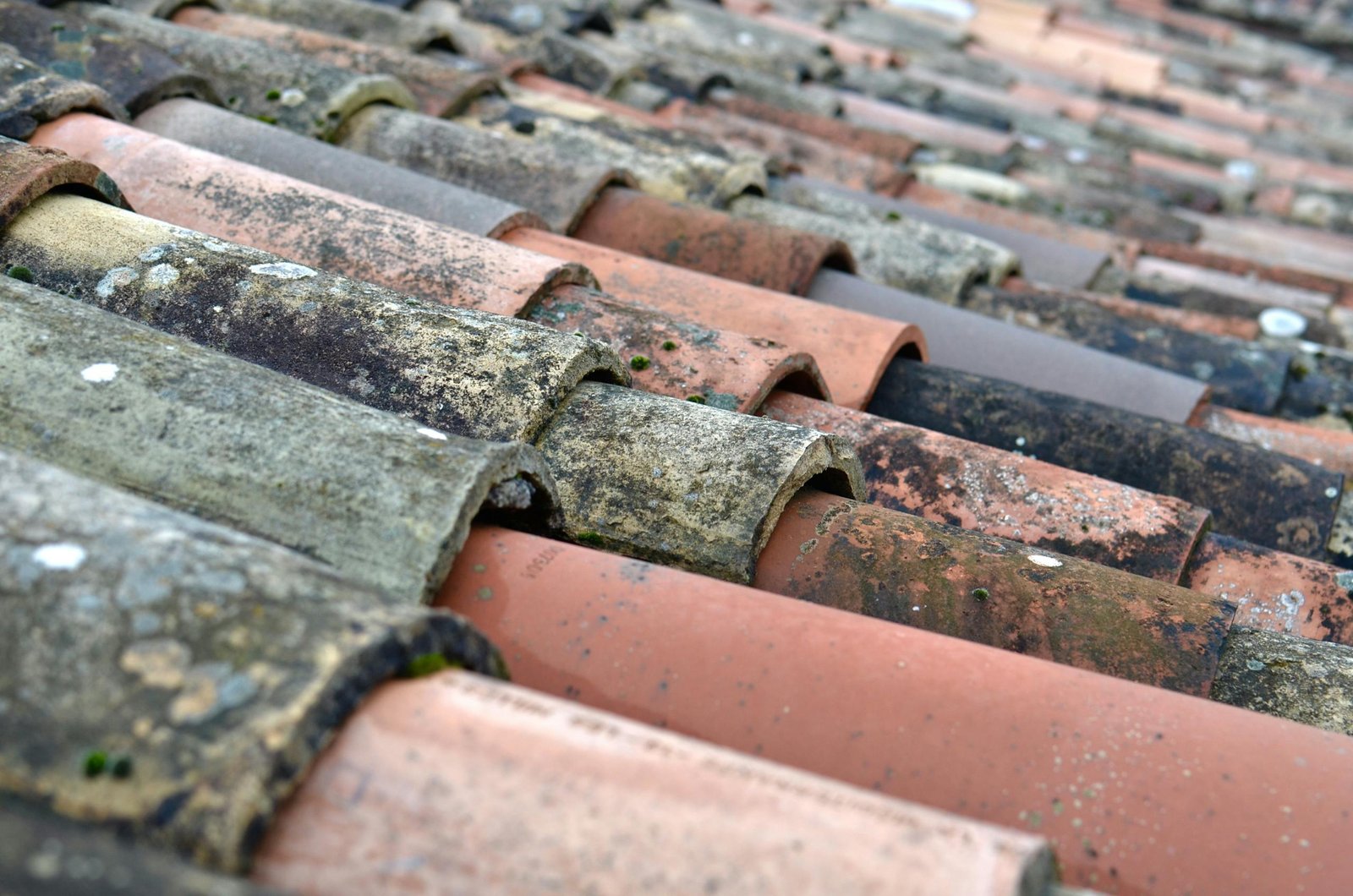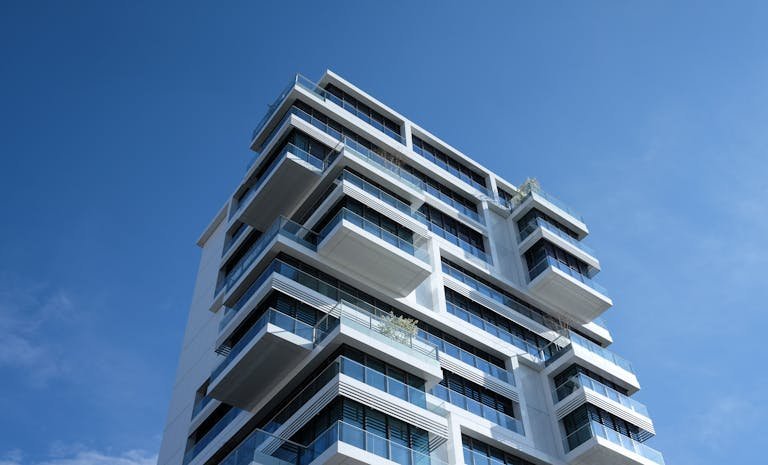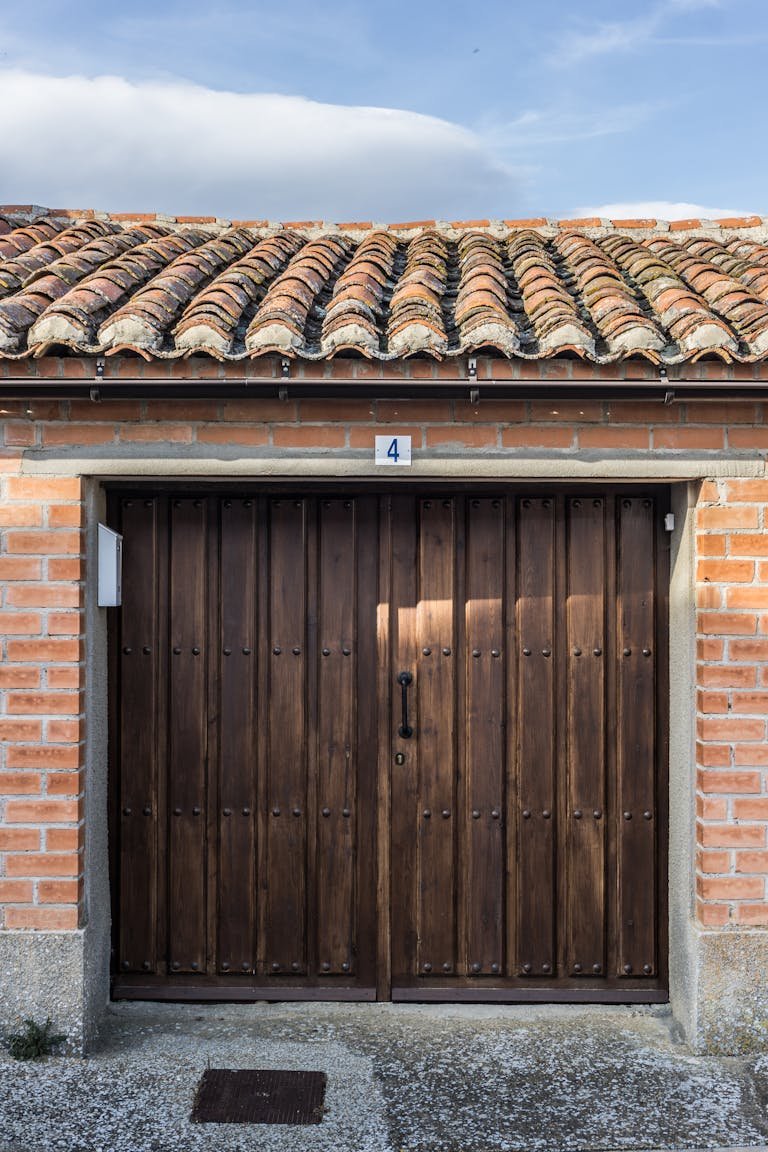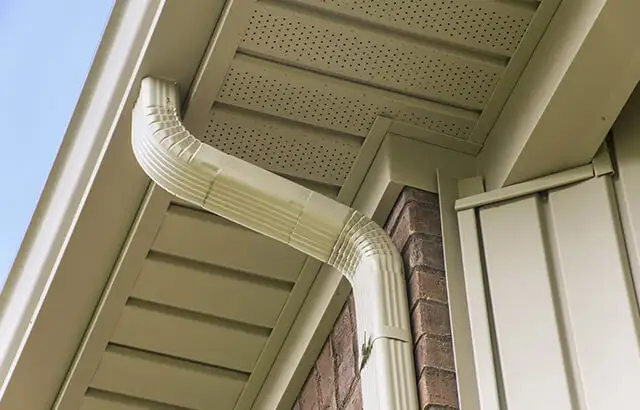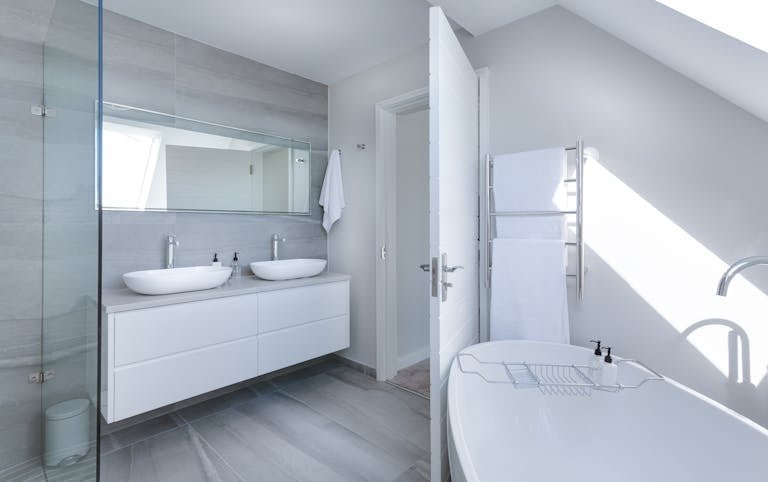Industrial roofing systems play a vital role in protecting commercial facilities from environmental factors, ensuring the safety of the building’s structure, and safeguarding valuable assets. Despite their importance, many industrial roof systems are often neglected until they begin to fail. A proactive maintenance routine, however, can extend the life of a roof, improve energy efficiency, and save costs in the long term. We will explore the significance of regular upkeep for industrial roofs installed by Ryne’s Roofing, highlighting why neglecting this can lead to costly repairs, operational interruptions, and business safety risks.
Regular maintenance is crucial for industrial roofing systems to ensure their longevity and efficiency. Neglecting upkeep can lead to significant issues, including leaks and structural damage, which can be costly to repair. For businesses looking to protect their investments, partnering with a reliable Roofing Company Houston can provide the necessary expertise and support to maintain a safe and functional roofing system.
Extending the Lifespan of the Roof
Regular maintenance is crucial for maximizing the lifespan of industrial roofing systems. A roof is constantly exposed to the elements—rain, wind, UV radiation, and fluctuating temperatures—all of which take a toll on its integrity over time. When small issues such as cracks or leaks go unnoticed, they escalate, resulting in more extensive damage that may require a full roof replacement. By scheduling periodic inspections and maintenance, minor repairs can be made promptly, preventing larger and more costly issues from developing.
In addition to repairs, maintenance helps preserve the materials used in industrial roofs. For example, roofs made from metal, rubber, or thermoplastic membranes require cleaning to remove debris, prevent water pooling, and protect against corrosion or cracking. Cleaning and applying protective coatings also help prevent UV degradation, which weakens the roofing material and leads to premature failure. Ultimately, consistent care ensures that the roof remains in optimal condition, effectively delaying the need for expensive replacement and helping the business avoid unexpected expenditures.
Enhancing Energy Efficiency
The energy efficiency of industrial buildings is significantly affected by the condition of their roofing systems. A poorly maintained roof can develop leaks, cracks, or insulation issues that allow heat to escape during the winter or penetrate during the summer. As a result, heating and cooling systems need to work harder, leading to increased energy consumption and higher utility bills. Regular maintenance ensures that the roof’s insulation and reflective coatings remain intact, helping to maintain a stable indoor temperature and reduce energy costs.
Another key component of energy efficiency is the reflectivity of the roof. Many industrial buildings utilize cool roofing systems designed to reflect more sunlight and absorb less heat than traditional roofs. Over time, dirt and debris can accumulate on the surface, diminishing the roof’s reflective properties. Cleaning the roof regularly helps to maintain its ability to reflect sunlight and prevent heat buildup, thus keeping the building cooler in the summer months. In some cases, the addition of reflective coatings can be reapplied during maintenance to enhance energy efficiency further. This helps reduce the strain on air conditioning systems and ultimately lowers operational costs.
Preventing Costly Repairs and Downtime
One of the most significant benefits of regular industrial roof maintenance is the prevention of costly repairs and operational downtime. Roof leaks, in particular, can lead to water damage that affects the building’s structure, machinery, and inventory. If left unchecked, water damage can cause mold growth, electrical issues, and other hazards that compromise the building’s integrity and the safety of its occupants. The costs associated with repairing such damage, replacing equipment, and dealing with disruptions to operations can far exceed the investment in preventive maintenance.
By identifying and addressing potential issues early, businesses can avoid emergency repairs that might require shutting down operations or evacuating the building. Routine inspections allow facility managers to stay ahead of potential problems, creating a proactive maintenance plan that minimizes risks. Moreover, when repairs are needed, they can be scheduled during times that reduce disruption to business activities, ensuring that operations continue to run smoothly. In this way, maintenance becomes an investment in the overall productivity and profitability of the business.
Ensuring Compliance with Safety Standards
Industrial facilities are subject to strict safety regulations, and the roof’s condition is key to ensuring compliance. Roof leaks, structural damage, and weakened roofing materials can pose safety hazards to workers and visitors. For example, water leaks can create slippery surfaces, increasing the risk of slips and falls, while structural issues can lead to roof collapse or falling debris. In addition to posing a risk to human safety, these hazards can result in fines and penalties from regulatory bodies if they are not addressed promptly.
Regular roof maintenance ensures the structure remains safe and compliant with industry standards. Inspections can identify weak points, such as rusted fasteners, broken seals, or punctures, which can be repaired before they pose a danger to occupants. In some cases, maintenance may also involve replacing outdated roofing materials with newer, more durable options that meet modern safety standards. By prioritizing roof care, businesses can protect their employees and assets while avoiding costly legal issues related to non-compliance.
Maintaining industrial roofing systems is essential for extending their lifespan. It also improves energy efficiency, prevents costly repairs, ensures compliance with safety regulations, and protects against environmental damage. Industrial roofs are critical investments for businesses, and neglecting them can lead to significant financial losses, operational disruptions, and safety hazards. Ultimately, consistent care of the roofing system is an investment that pays dividends through long-term reliability and lower costs.

